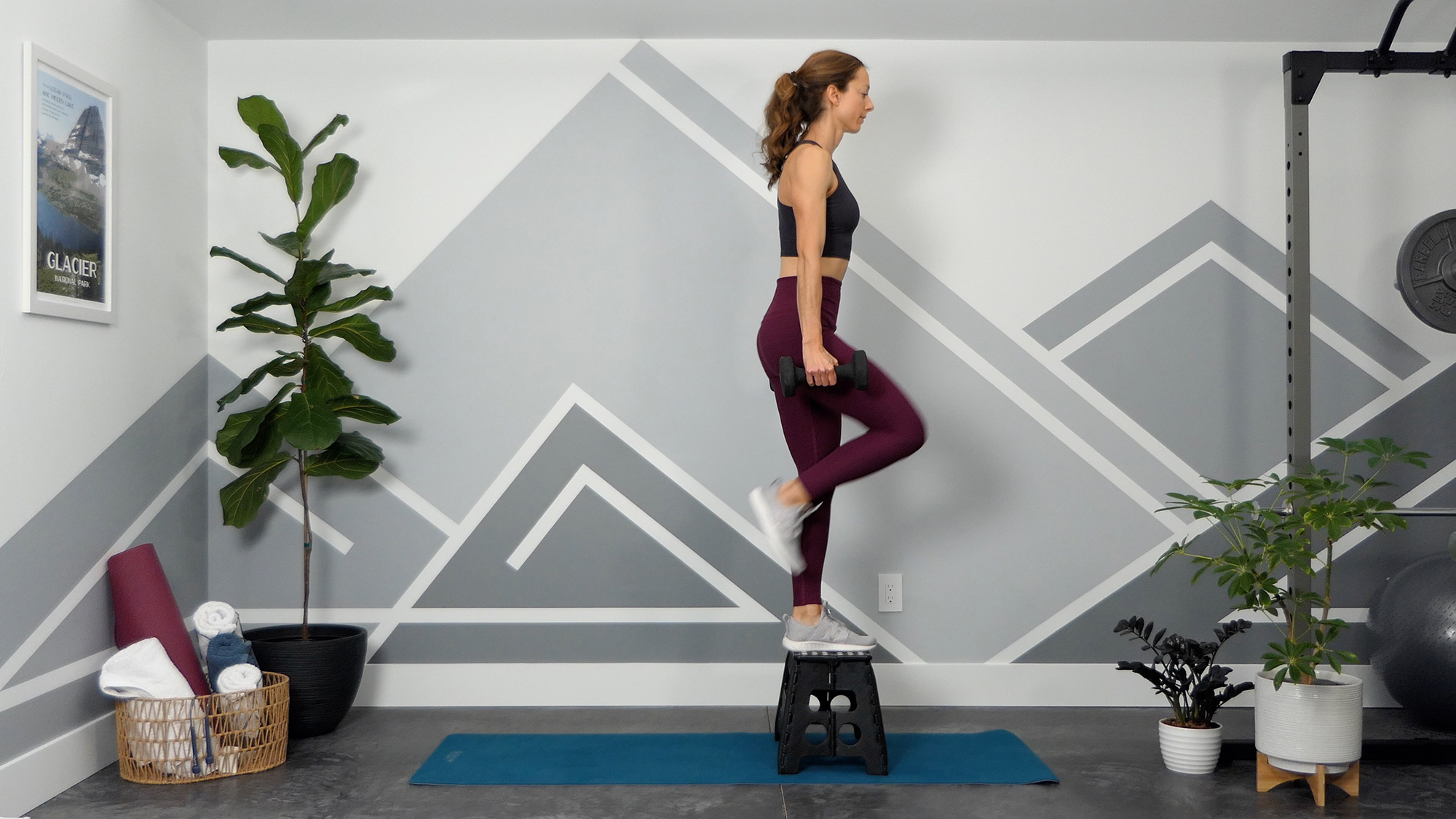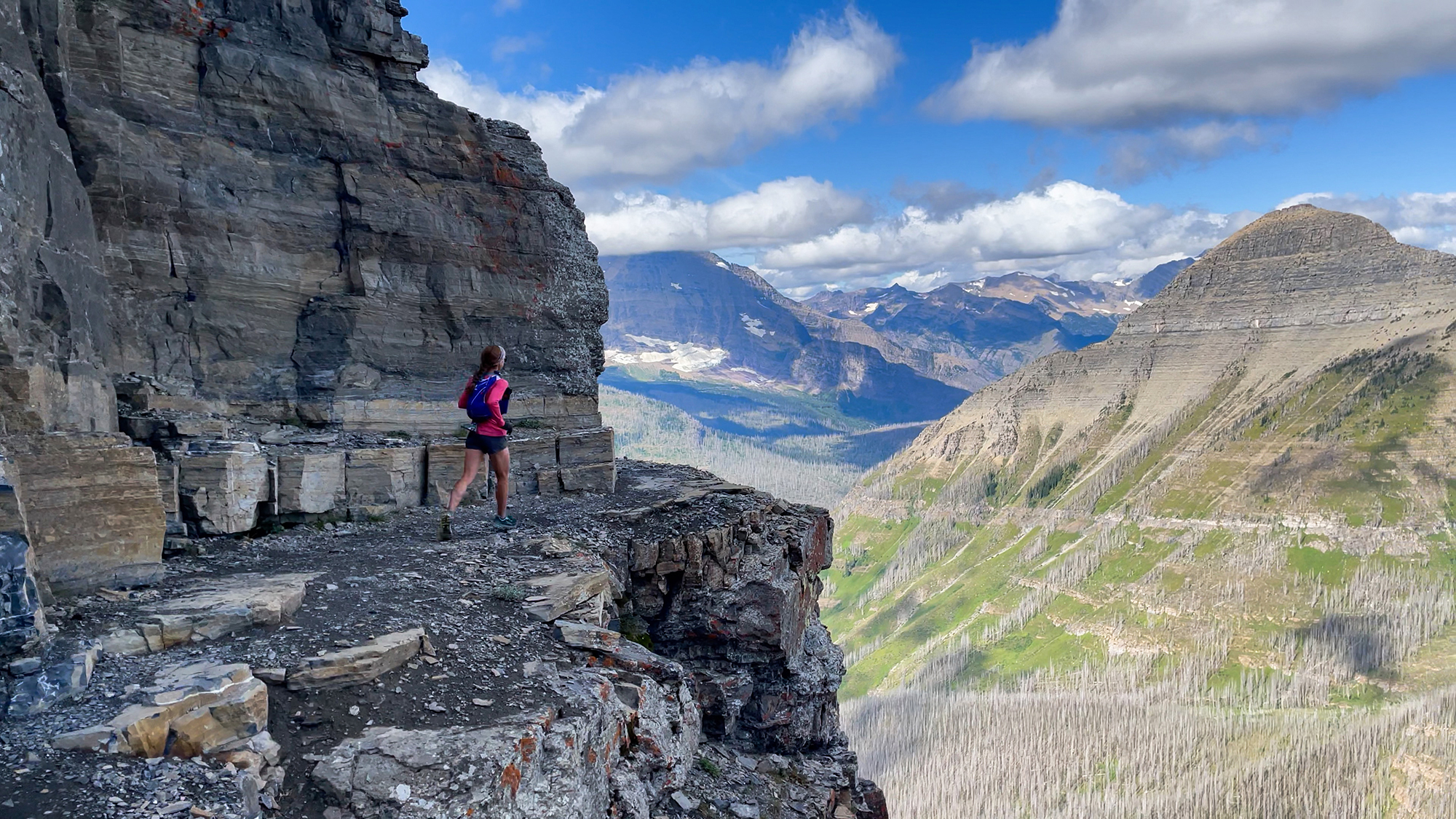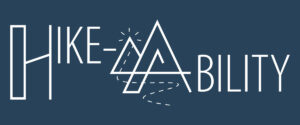Training for Hiking
This blog is the first blog in a series of posts discussing various components of hiking fitness. Be sure to check out the next blog in the series “Restoring Proper Muscle Activation”.
It’s a new year and that means new adventures! There’s a lot of excitement that comes with planning and researching the places you’ll be hiking this year. Although you might not find it as thrilling, part of your planning and preparation should include how you’ll train for the trail. Why? Because, increasing your hiking fitness will make your hiking experiences so much more enjoyable.
Can’t I just walk, run, or hike to get in shape for hiking?
The first thing most people think about when preparing for hiking is increasing their cardiorespiratory fitness. Cardio training is absolutely important to hiking fitness, as well as your overall general health. However, incorporating strength, stability, and mobility training is equally important (I could argue that it’s actually even more important). Unfortunately though, these other components are often dismissed or avoided by many.
Achieving your full hiking potential and minimizing discomfort and risk of injury on the trail requires foundational strength and proper joint movement patterns and range. With focused and consistent strength, stability, and mobility training you can address and correct nagging issues (see my personal story below), or prevent them from arising in the future. Don’t wait until you feel pain or get injured to start building a more resilient body!
Don’t wait until you feel pain or get injured to
start building a more resilient body!
Your leg muscles are the main powerhouse of hiking, so it makes sense to incorporate lower body training into your workouts. But, the importance and benefits of total body strength training extends beyond the obvious advantage of more power and stamina on the trail.

BENEFITS OF STRENGTH TRAINING:
Muscles are shock absorbers for joints
The muscles above and below a joint each play a unique role in protecting that joint.
Muscles stabilize & control the movement of joints
Muscle imbalances and/or weakness can result in joint instability and dysfunctional movement patterns that often manifest as joint pain or discomfort around the joint.
For example, that frustrating knee pain you experience when hiking downhill might just be your body pleading for stronger muscles!
Several years ago I was hiking with a friend in Glacier Park. My friend, an avid runner, was lamenting about the knee pain she often experienced when running or hiking. We’d had similar conversations before, as I too had a history plagued with knee pain. However, I was excited to share with her that my knee no longer bothered me. I told her that my knee pain resolved after adding strength training to my workouts. Her initial response “Wow, I’m glad to hear it isn’t bothering you anymore” was followed by skepticism, “Hmmm, I would think that strength training would be bad for your knee joint and only make your pain worse.” Au contraire my friend, au contraire. Strengthen the muscles of my lower body, especially the gluteus medius (a hip stabilizer muscles that is responsible for proper knee tracking) not only reduced my knee discomfort, it eliminated it!
Muscles support the spine & are essential to balance
When muscles engage and work properly they can help minimize the risk of injury.
The core muscles are the base of support for your entire body. When properly engaged the core muscles support and stabilize your spine and pelvis through all planes of movement.
A weak core can lead to compensation from other muscles that aren’t designed to do the work, which can result in pain and/or injury.
Core stability is essential for the spine and hips to properly support the load of your hiking backpack.
Navigating uneven terrain requires brain-muscle connection, coordination, and balance.
Muscles power all movements (off and on the trail)
Muscular strength isn’t just important in athletic endeavors. It’s needed for ALL the functional movement patterns used inactivities of daily living (picking up your kids or grandkids, carrying shopping bags, shoveling snow, yard work, etc).
Building strength and endurance in your leg muscles translates to more uphill power and stamina.
Strength training is important for maintaining bone mineral density
Engaging in weight-bearing strength training activities increases bone strength and mass, which is vital to preventing and treating osteoporosis.
Muscle mass influences your metabolism
Muscle is more metabolically active than fat, meaning that one pound of muscle will burn more calories (even at rest) than one pound of fat. Strength training is an effective way to build muscle and burn fat.
Muscles adds tone & definition to your physique
With all this talk about muscles and strength, I want to address a common misconception which is Strength or Muscles = BULK. Yes, you can train specifically to increase muscle size (muscle hypertrophy), but packing on significant muscle mass requires a specific and dedicated form of training. (So ladies, please don’t be worried about “getting bulky”. Strength training will add some sexy curves, but you naturally don’t have the levels of testosterone that contributes to the development of bulky muscles.)
Psychological benefits
Feeling strong is pretty damn empowering. You will be proud and amazed at all the things you can do and all the amazing places your body can take you.
Visit my next blog where I discuss activating and strengthening the glutes, the “powerhouse muscles” for hiking. In the meantime, comment below about which trails you are excited to have on your list this year. Also, let me know what your hiking fitness goals are, and if/how you’ve struggled with training in the past.
If you are interested in learning more about strength training for hiking, then you’ll want to check out my Training Program HIKE-ABILITY. The program incorporates cardio, strength, stability, and mobility training, along with weekly, educational lessons.
Want to know what to eat to support your muscles? Click here to read about general nutritional guidelines, and learn about the role nutrition plays in fitness.
Adventure awaits, be ready for it!
Kristen, CPT and creator of the HIKE-ABILITY Training Program

Disclaimer: All information, content, and material (including associated text, videos, and links) on this website is provided in good faith and is for informational and educational purposes only. It is not intended to serve as a substitute for the consultation, diagnosis, and/or medical treatment of a qualified physician or healthcare provider. All exercise has inherent risks. Before beginning any type of exercise, please consult your health care provider.





Leave a Reply